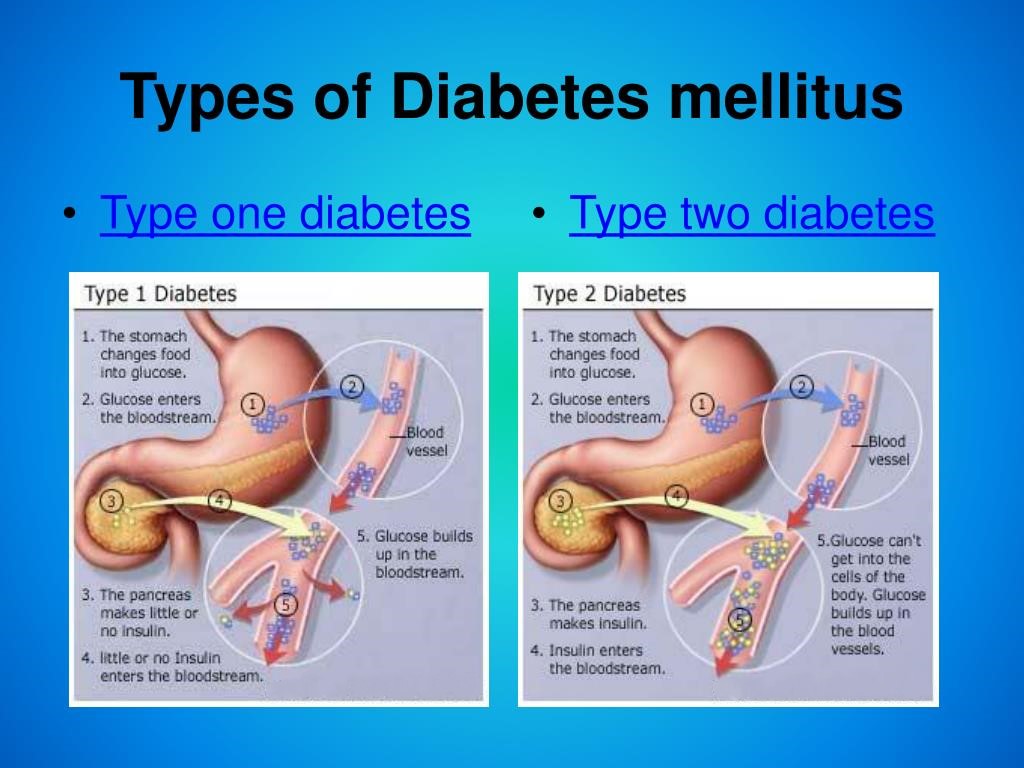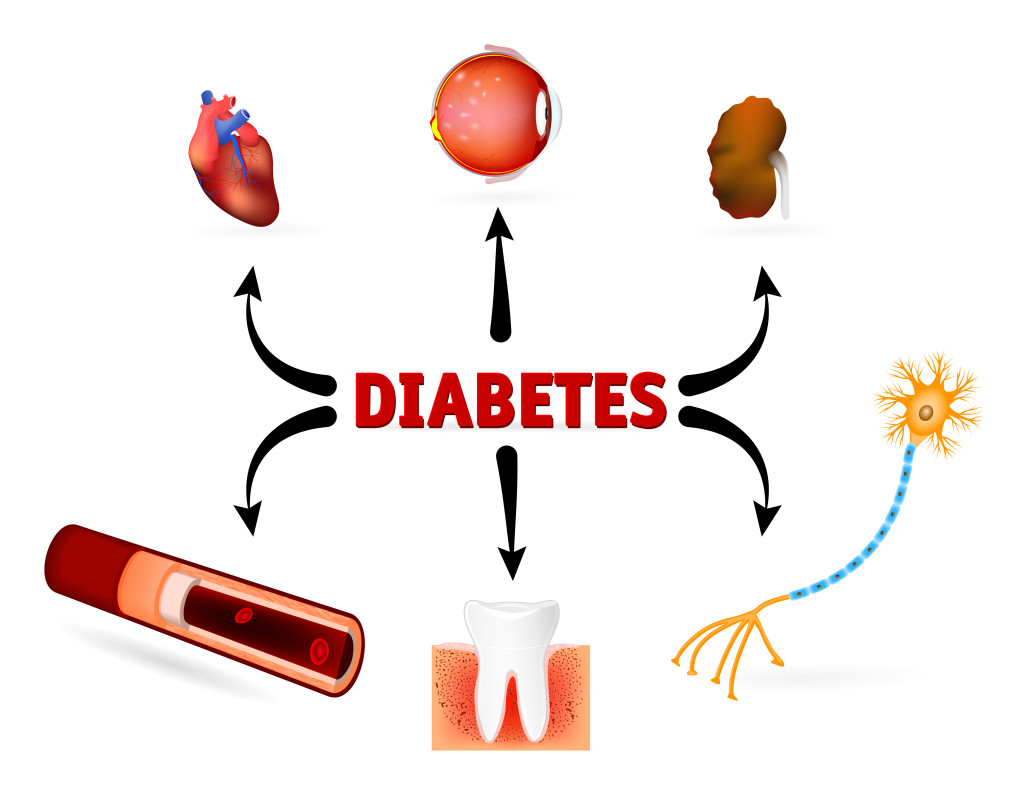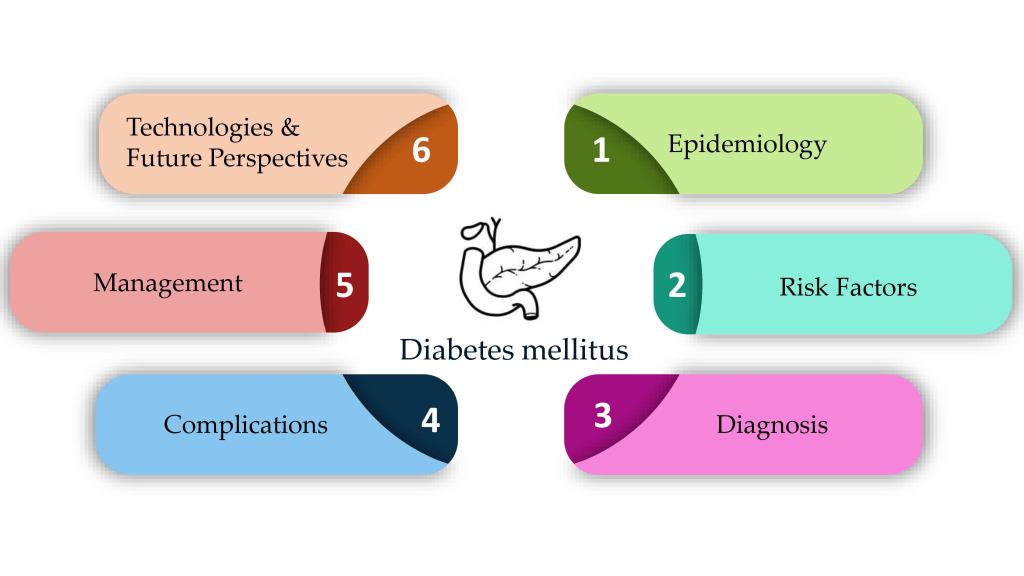Within the complex field of human health, diabetes mellitus is a common and complex disease that affects millions of people worldwide. To answer the central question of whether diabetes mellitus is genetic and what it means, this essay will undertake a thorough investigation into the genetic subtleties of the disease.
Uncovering Diabetes: A Comprehensive Synopsis
Elevated blood glucose levels are a hallmark of diabetes mellitus, a chronic metabolic disease caused by either insufficient insulin production or the body’s resistance to insulin. Because of this complex condition’s rising frequency and significant public health implications, it has attracted research from all around the world.
Diabetes: Its Two Faces
Type 1 Diabetes: Mostly brought on by genetics, Type 1 diabetes develops when the immune system unintentionally targets and kills the pancreatic beta cells that produce insulin.
Type 2 Diabetes: Although heredity plays a part, dietary decisions and physical activity levels are major contributors to the development of Type 2 diabetes. Insulin resistance and decreased insulin secretion are involved.

Do genes affect diabetes mellitus? Getting Around the Genetic Web
Diabetes mellitus and genetics have a complex interaction. There is a distinct genetic tendency that increases the risk of having diabetes, even though it is not inherited. Certain immune system-related genes are crucial in the development of type 1 diabetes. Genetic and environmental variables, such as lifestyle and food choices, interact to cause type 2 diabetes.
Genetic Signatures and Propensity
Numerous studies have linked particular genetic markers to a higher risk of developing diabetes. These genetic predispositions are more likely to be inherited by those who have a family history of diabetes. However, it’s important to remember that environmental factors also play a significant role in determining how the ailment manifests itself; genetic vulnerability alone does not guarantee the development of diabetes.
Understanding What Diabetes Mellitus Means
The term “Diabetes Mellitus” refers to a more comprehensive knowledge of a metabolic disease marked by consistently elevated blood sugar levels. The definition of the phrase becomes clear upon closer inspection:
Diabetes: Derived from the Greek word “syphon,” diabetes is a term used to describe frequent and frequent urination, which is a sign of diabetes mellitus.
Mellitus: This term, which comes from the Latin for “sweetened with honey,” highlights the sweetness of pee that is connected to high blood sugar.
Explore More Investigating the World of Pathogens and Disease through Medical Microbiology
Diabetes Mellitus Mechanism
Diabetes mellitus is the medical term used to describe the disturbance of the body’s glucose-regulating system. Insulin helps cells take up glucose for energy in a healthy system. This complex process breaks down in diabetes, which results in high blood sugar. If left untreated, this illness can lead to many issues that could harm important organs.

The Future Course: Treating and Avoiding Diabetes Mellitus
Although heredity increases the chance of developing diabetes, lifestyle changes are essential for managing the disease as well as preventing it. Crucial elements of preventing diabetes include keeping a healthy weight, exercising frequently, and implementing a good diet.
Early Identification and Action
Regular check-ups allow for early detection and intervention, particularly for individuals with a family history of diabetes. A timely diagnosis enables people to take control of their health by adopting appropriate management techniques and making educated decisions.
A Comprehensive Method for Managing
Given the complex nature of diabetes, a comprehensive strategy is required. The cornerstone of diabetes care is the combination of medical interventions and lifestyle adjustments. Cultivating a proactive approach to diabetes care involves increasing community support, educating the public, and raising awareness.
New Frontiers in Diabetes Research Innovations
The field of diabetes research is always changing, offering new perspectives on how to comprehend, treat, and possibly even reverse diabetes mellitus. Novel insights into the complexities of diabetes are being revealed by genetic research, opening the door to specialised care and customised therapy.
Diabetes Precision Medicine
The subject of precision medicine for diabetes is being shaped by developments in genetic research. More efficient and individualized methods of diabetes care are made possible by treating patients according to their genetic composition. This new paradigm has the potential to minimize adverse effects while optimizing therapeutic outcomes.

Artificial Intelligence’s Place in Diabetes Treatment
By analyzing large datasets, forecasting risk factors, and offering real-time insights, artificial intelligence (AI) is transforming the treatment of diabetes. Artificial intelligence (AI) has the potential to improve diabetes outcomes overall, maximize treatment strategies, and increase early detection.
Concluding Remarks: Using Information and Initiative to Transform Lives
In summary, understanding the fundamental consequences of diabetes mellitus and its genetic foundations is critical to deciphering its complexity. While lifestyle decisions and environmental circumstances play a major role in shaping the course of this complex disorder, genetics sets the stage. People with diabetes mellitus can empower themselves to move forward with resilience and knowledge by understanding the condition and adopting proactive health measures.










